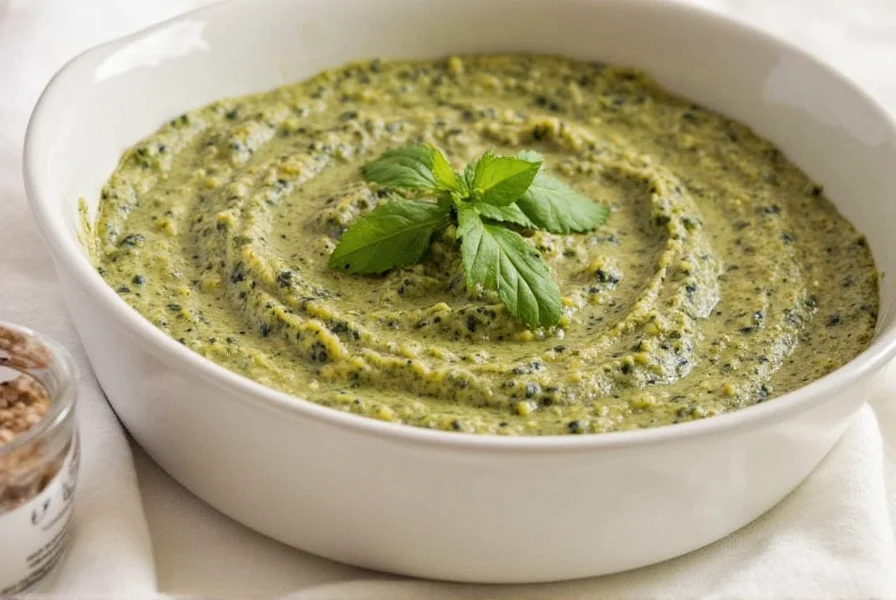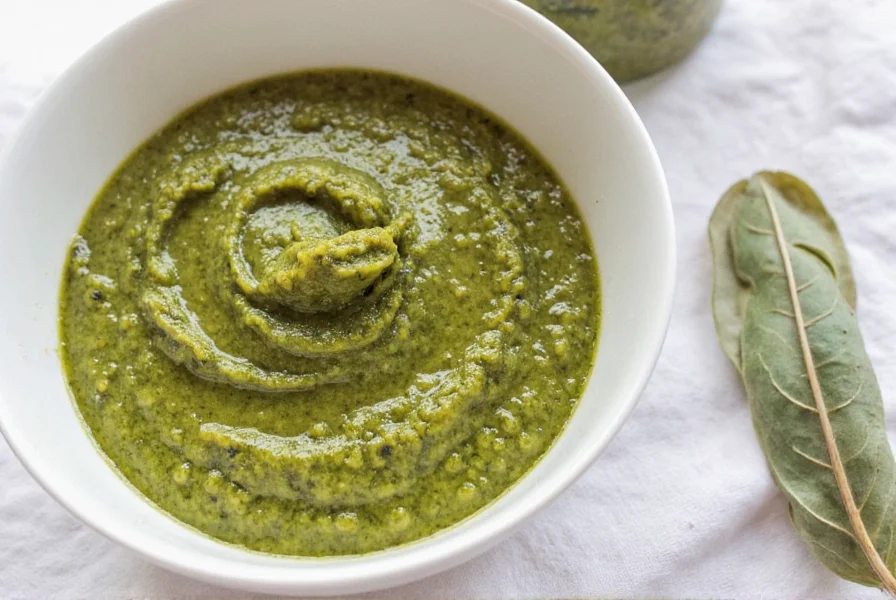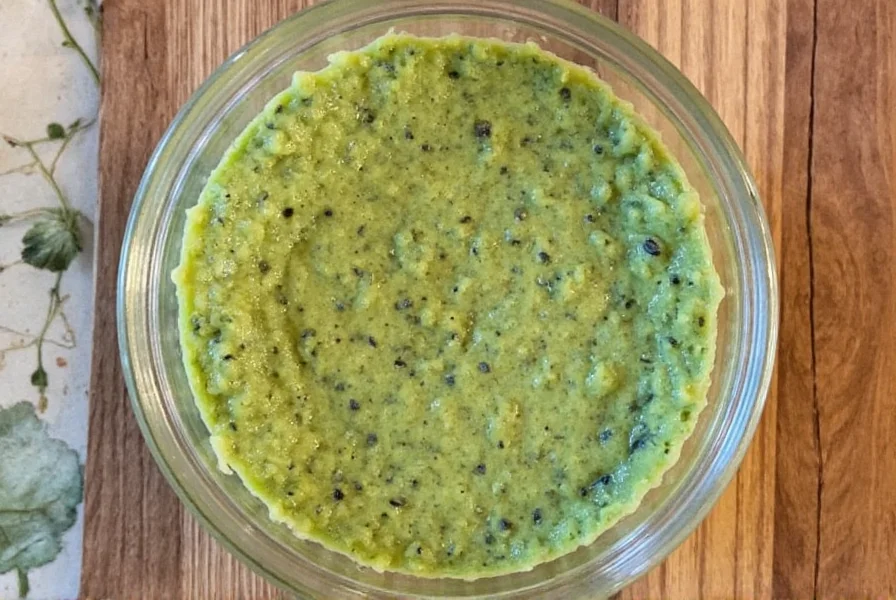Making herb butter with dried herbs is not only possible but often preferable for certain applications. While many recipes call for fresh herbs, dried herbs actually concentrate flavor when infused into butter, creating a more robust compound butter that maintains its taste through cooking. This method solves the common problem of fresh herbs wilting or losing potency when incorporated into butter.
Why Dried Herbs Work Perfectly in Butter
Dried herbs contain less moisture than fresh varieties, which prevents your butter from becoming watery or separating. The concentrated oils in dried herbs—like rosemary, thyme, and oregano—infuse beautifully into fat-based mediums. When you're making herb butter with dried herbs instead of fresh, you're actually creating a more shelf-stable product with intensified flavor that works exceptionally well for cooking applications.
Essential Ingredients and Equipment
| Ingredient | Measurement | Notes |
|---|---|---|
| Unsalted butter | 1 cup (226g) | Room temperature for easy mixing |
| Dried herb blend | 1½-2 tbsp | Use high-quality herbs for best flavor |
| Fine sea salt | ¼ tsp | Adjust to taste |
| Freshly squeezed lemon juice | 1 tsp | Preserves color and adds brightness |
You'll need basic kitchen tools: a mixing bowl, rubber spatula, parchment paper, and either a small food processor or whisk. For perfect dried herb butter every time, ensure your butter is softened but not melted—this allows for even distribution of herbs without separation.

Step-by-Step Preparation Guide
- Prepare your butter: Leave unsalted butter at room temperature for 1-2 hours until soft but not oily.
- Measure dried herbs: Use 1½ tablespoons as a starting point—you can adjust to taste. Remember that dried herbs are more potent than fresh (use about one-third the amount you would of fresh herbs).
- Mix thoroughly: In a bowl, combine butter, dried herbs, salt, lemon juice, and optional garlic. Use a spatula to fold ingredients together until uniformly colored.
- Shape and chill: Transfer mixture to parchment paper, roll into a log, twist ends, and refrigerate for at least 2 hours to allow flavors to meld.
Storage Techniques for Maximum Freshness
Properly stored, dried herb butter storage tips can extend its shelf life significantly. Wrap tightly in parchment paper, then place in an airtight container or heavy-duty freezer bag. In the refrigerator, it will keep for 2-3 weeks; in the freezer, up to 6 months. For easy use, slice the log into discs before freezing—this gives you portion-controlled servings ready for immediate use.
Creative Applications for Your Herb Butter
This versatile compound butter elevates countless dishes. Try these using dried herbs in butter recipes applications:
- Melt over grilled meats during the last minute of cooking
- Spread under chicken skin before roasting
- Stir into hot pasta for instant sauce
- Top warm bread or rolls
- Finish roasted vegetables
- Enhance pan sauces by whisking in a tablespoon

Avoiding Common Mistakes
Many home cooks make these errors when making herb butter with dried herbs:
- Using too much herb: Dried herbs are concentrated—start with less and adjust upward
- Not softening butter sufficiently: Cold butter won't incorporate herbs evenly
- Skipping the resting period: Chilling allows flavors to meld properly
- Using low-quality dried herbs: Stale or dusty herbs produce flat flavor
Recommended Flavor Combinations
Experiment with these flavorful dried herb butter variations:
- Mediterranean blend: 1 tbsp dried oregano, 2 tsp dried thyme, 1 tsp dried rosemary
- French fines herbes: 1 tbsp dried tarragon, 2 tsp dried chervil, 1 tsp dried parsley
- Italian herb mix: 1 tbsp dried basil, 2 tsp dried marjoram, 1 tsp dried sage
- Spicy garlic: 1 tbsp dried parsley, 2 minced garlic cloves, ½ tsp red pepper flakes
Why This Method Works Better Than Fresh Herbs for Certain Uses
While fresh herbs have their place, dried herbs offer distinct advantages in butter applications. The dehydration process concentrates essential oils, creating a more intense flavor that stands up to cooking temperatures. Unlike fresh herbs which can burn or lose vibrancy, dried herbs maintain their potency throughout the cooking process. This makes dried herb butter ideal for high-heat applications like grilling or searing where fresh herbs would quickly deteriorate.
Frequently Asked Questions
Can I substitute dried herbs for fresh in butter recipes?
Yes, use one-third the amount of dried herbs compared to fresh. For example, if a recipe calls for 1 tablespoon of fresh herbs, use 1 teaspoon of dried herbs. Dried herbs have concentrated flavor that infuses well into butter.
How long does dried herb butter last in the refrigerator?
Properly stored in an airtight container, dried herb butter will maintain its best quality for 2-3 weeks in the refrigerator. The low moisture content of dried herbs helps prevent spoilage compared to fresh herb butter, which typically lasts only 1-2 weeks.
Which dried herbs work best for compound butter?
Hardy herbs like rosemary, thyme, oregano, and sage work exceptionally well dried for butter. Their essential oils concentrate during drying, creating robust flavor. Avoid delicate herbs like cilantro or dill in dried form for butter, as they lose much of their characteristic flavor when dried.
Why add lemon juice to dried herb butter?
The small amount of lemon juice (about 1 teaspoon per cup of butter) serves two purposes: it helps preserve the vibrant green color of the herbs, and the acidity balances the richness of the butter, creating a more complex flavor profile.











 浙公网安备
33010002000092号
浙公网安备
33010002000092号 浙B2-20120091-4
浙B2-20120091-4